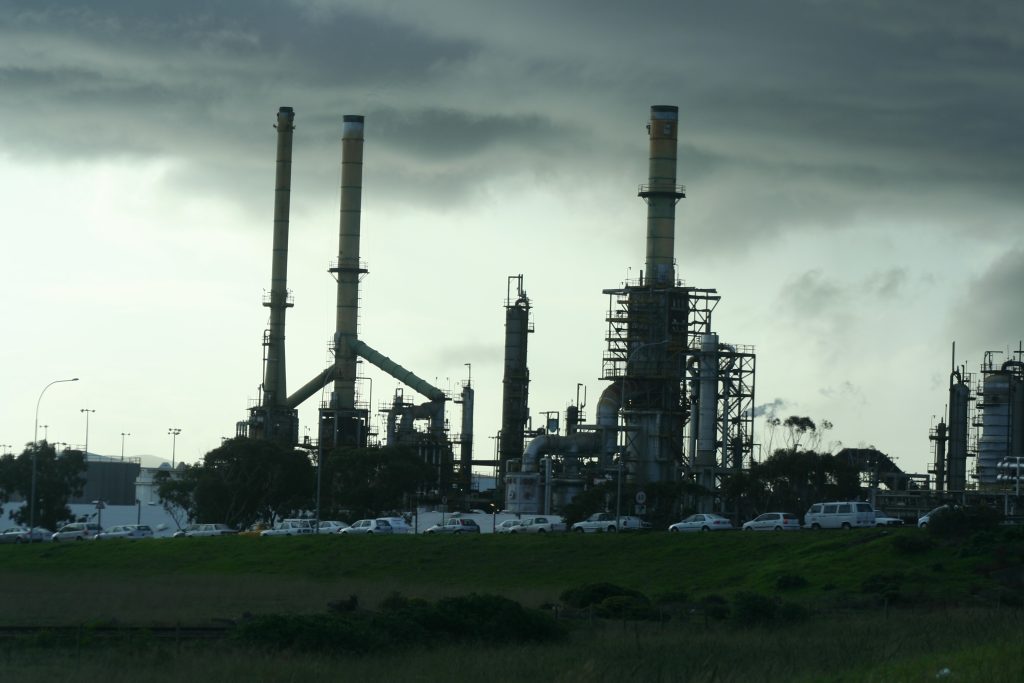 When another or a company’s actions harm a person, he is entitled to financial relief under Louisiana law. The law also requires proof of damages to prove entitlement to monetary compensation. Damages are proven by submitting facts to a trial court. Sometimes the parties agree upon the facts, and sometimes they are disputed.
When another or a company’s actions harm a person, he is entitled to financial relief under Louisiana law. The law also requires proof of damages to prove entitlement to monetary compensation. Damages are proven by submitting facts to a trial court. Sometimes the parties agree upon the facts, and sometimes they are disputed.
Another way of providing facts to the Court is through Judicial Notice. This legal concept allows a court to take notice of facts generally known within a community or otherwise cannot be reasonably questioned. What may be known in the community can still be a disputed issue at trial. The following case, which involved the Berniard Law Firm’s clients, raised the question concerning judicial notice of facts when it can and cannot be used in Louisiana trials.
An industrial accident occurred at Chalmette Refining’s St. Bernard facility on September 6, 2012, due to an emergency shutdown. The sudden shutdown caused a release of nineteen tons of regenerated catalyst over a large portion of St. Bernard Parish and Orleans Parish homes and property.
Mr. Caruso, Ms. Raymond, and Ms. Reynolds filed separate claims relating to the accident, but their lawsuits were consolidated, and they continued as plaintiffs and class representatives. The plaintiffs then filed a motion for partial summary judgment. After reviewing the matter, the judge ruled in favor of the class representatives and concluded they suffered damages from the catalyst release.
After a trial on their claims, the district judge awarded cleaning expenses. He awarded Mr. Caruso $1,275.00, Ms. Raymond $600.00, and Ms. Reynolds $1,525.00 for their damage.
Chalmette Refining filed a motion for a new trial concerning the cleaning costs calculation and damages awarded. Chalmette Refining argued the Court should reverse the cleaning costs because the damage assessment was based only on judicial notice of the generally accepted calculation for cleaning expenses. They further argued that the district judge improperly took judicial notice of a disputed judicial fact and that doing so violates La. C.E. art. 201. Finally, Chalmette Refining argued the plaintiffs failed to submit evidence to prove their cleaning expenses. The district judge granted a new judgment only altering the damage awards, but he did not rule for Chalmette Refining on the judicial notice issue. Chalmette Refining took an appeal of the ruling.
Article 201 B provides that a judicially noticed fact must be facts that cannot be disputed in that it is either: (1) commonly known within the territorial jurisdiction of the trial court; or (2) capable of accurate and ready determination and cannot reasonably be questioned.” In this case, the trial was focused on the plaintiff’s burden of proving their entitlement to damages for cleaning expenses. By applying Article 201 of the Code of Evidence to meet the plaintiff’s burden, the district judge took judicial notice of the cost of cleaning supplies.
The appeals court reasoned the record did not show (1) the price cleaning expenses were either generally known within the trial court’s territorial jurisdiction or (2) capable of accurate and ready determination by resorting to sources whose accuracy cannot reasonably be questioned. The appeals court also held that judicial notice could not be used to resolve disputed issues of fact. In this case, the disputed issue of fact was the cost of cleaning.
Since the plaintiffs did not produce any evidence of their cleaning expenses, the appeals court ruled the district judge lacked proper judgment when he awarded the damages based on judicial notice rather than actual proof of damages. The district court’s award of cleaning expenses was reversed because the class “representatives failed to introduce sufficient evidence upon which the trial judge could reliably base a damage award.” Freeman v. G. T. S. Corp., 363 So. 2d 1247, 1251 (La. App. 4 Cir. 1978)
While this ruling impeded the case, the Berniard Law Firm was proud to represent the people of St. Bernard and Orleans Parishes who were affected by the catalyst release caused by Chalmette Refining. This case demonstrates the complexity of class actions and the need for an experienced law firm to handle such matters.
Additional Sources: VINCENT CARUSO, JR., ET AL VERSUS CHALMETTE REFINING, LLC CONSOLIDATED WITH: AUDREY RAYMOND VERSUS CHALMETTE REFINING, LLC
Written by Berniard Law Firm Blog Writer: Needum Lekia
Other Berniard Law Firm Articles on proof of damages: Can You Prove Your Injuries Were Caused by the Accident?
 Louisiana Personal Injury Lawyer Blog
Louisiana Personal Injury Lawyer Blog

